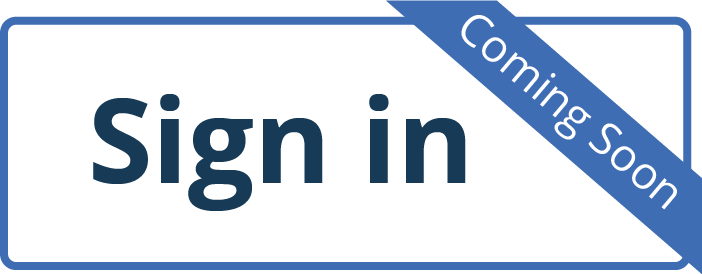As we move into the second half of the year and beyond, we must acknowledge the strong potential of a recession. A recession is a period of economic downturn that is widespread which can last for months or years. Recessions have varying effects on individuals as well as businesses. Small businesses can find themselves in a whirlwind of economic hardship if not adequately prepared for the potential of decreased business transactions.
There are many factors that can positively or negatively affect your small business. Consider how your small business works with clients who may also be small or just simply affected by the economic downturn. Events such as delayed payments may become a common occurrence during these prolonged periods. Business can also slow down depending on the type of service or product you offer. Consumer spending tends to slow down when there is uncertainty of the future. This type of behavior has a direct effect on businesses no matter the size.
No matter the current state of the economy, you can combat the negative implications of a recession by taking control of the of your finances. You should prepare for slow business periods by creating a cash cushion in a separate account, invest back into your business to yield income growth, manage expenses to avoid additional fees, and form business partnerships that will decrease expenses and provide exposure to your business.
One bonus tip to keep in mind is to always provide a product or service that will solve a problem. Be sure to address pain points of your target market to remain in front of the consumer.
Sources:
Boyle, Michael J. 2022, Investopedia, The Impact of Recessions on Businesses, <https://www.investopedia.com/articles/economics/08/recession-affecting-business.asp>





